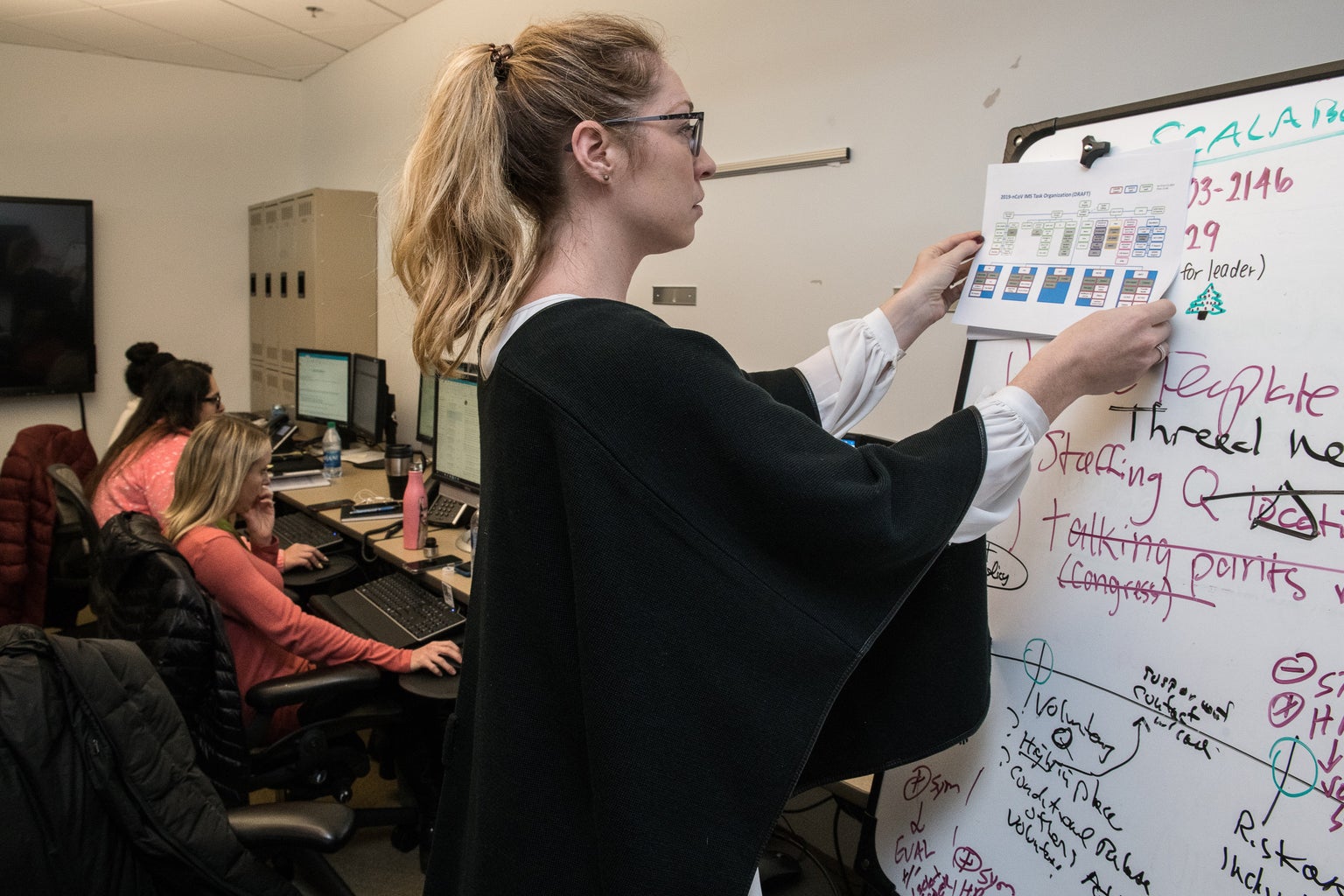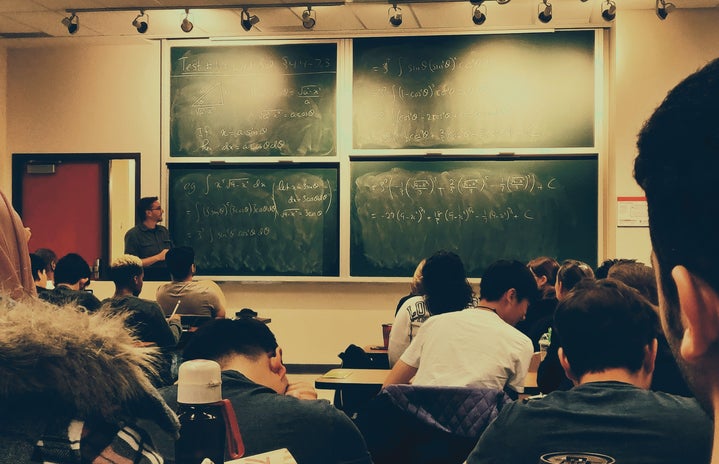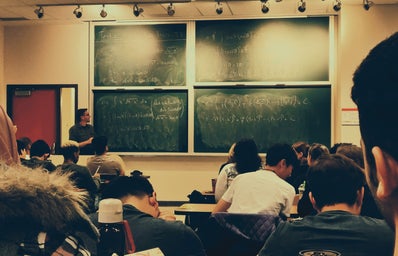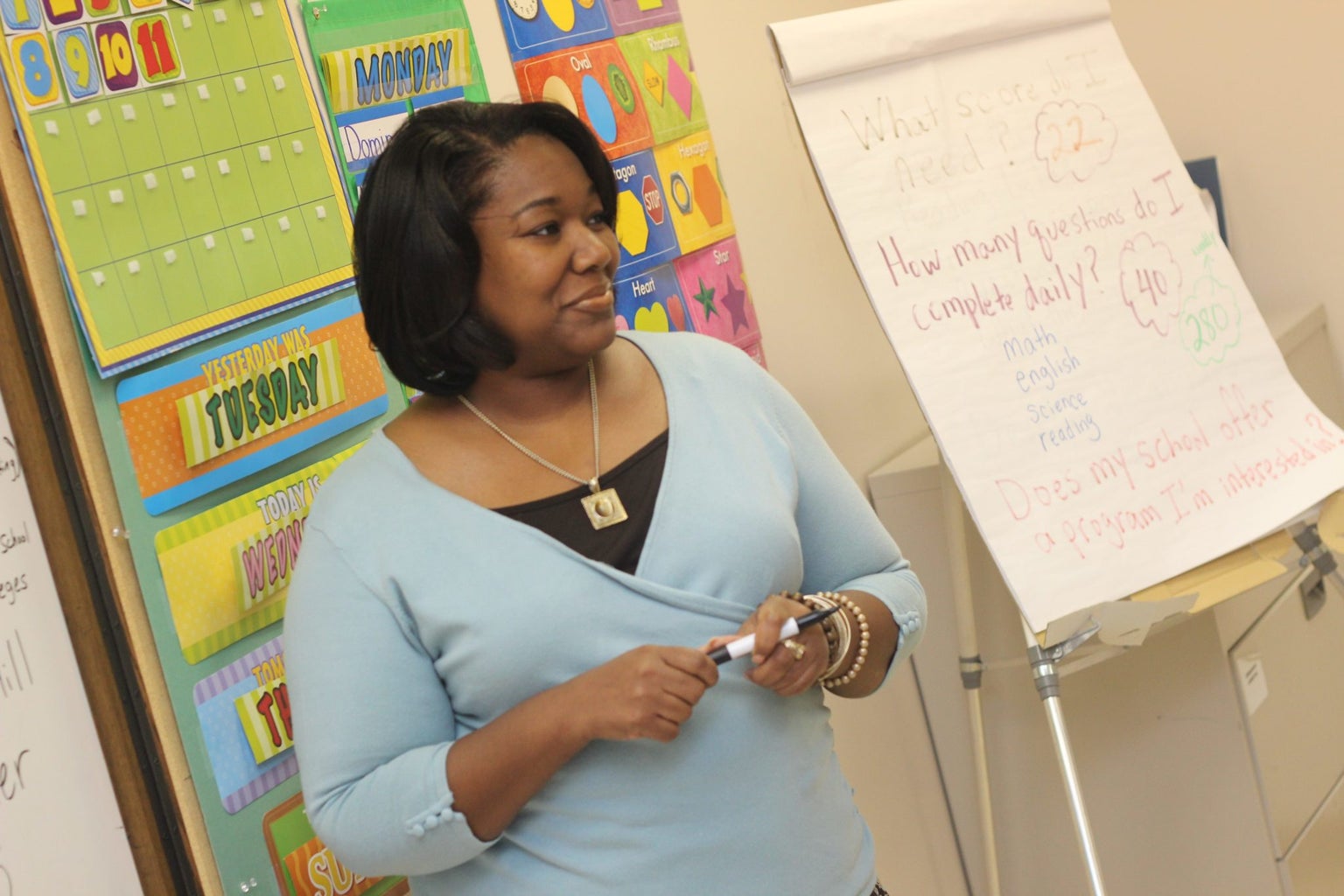These days, educators face more and more challenges in their profession: growing class sizes, increasing demands on time and energy, low pay, and more. The teaching profession is facing unprecedented strain that has only been further exacerbated by the pandemic — and with so many parents and students alike voicing their disdain for educators, educators are face-to-face with a compounding problem. Educators play a crucial yet under-appreciated role in society and deserve significantly more recognition than they get.
With remote learning becoming the norm across the globe due to the COVID-19 pandemic, educators have had to rapidly adapt to new technologies and teaching methods. However, considering that a substantial number of U.S. educators have not had to train with such technologies and methods, they had to adapt to technical issues while monitoring student progress and academic goals.

Educators have had to do all this and more while trying to maintain a sense of normalcy and continue to engage their students, who have been struggling with the immense uncertainty brought on by the pandemic. While the pandemic may have eased up in some ways since 2020, the lasting effects of this moment in history continue to impact educators.
Yet, despite educators’ hard work, they still aren’t given the respect they deserve. Many roll their eyes at the false notions that educators supposedly whine and complain nonstop but have short workdays, long vacations, and little of the stresses of a “real” job. Not only does this disrespect the level of hard work and dedication educators must put into their profession daily, but it is a massive misunderstanding of educators’ staggering workload. Outside of class, educators can be found putting hours into generating teaching plans to educate and engage students, working with students on various extracurriculars, grading assignments, and so much more.
Educators are often portrayed as entitled, lazy, or even outright ineffective; this couldn’t be further from the truth. Certainly, some educators may fit those descriptors or be even worse. Still, on the whole, they work incredibly hard to provide the best education possible to their students, given the common financial constraints and lack of resources educators must grapple with. In addition, educators typically fulfill additional roles, such as counselor, mediator, coach, or advisor — unpaid roles that are taken up as the only adults many students have regular contact with.
Education isn’t valued enough in a society that functions around it. Teachers are not only paid worse than other professionals. They are still so severely underpaid that even one or two side jobs may not be enough to make ends meet. Despite playing such a vital role, it’s abundantly clear that educators are profoundly undervalued, and their abysmal pay is one of many signs of this.
Society needs to start valuing education and the teaching profession more. Increasing funding for education, providing better pay and benefits for teachers, and promoting a culture of respect and appreciation for educators are just some of the many changes that should be implemented to secure the future of educators and future generations of students. The lack of support and respect has resulted in a mass outflow of educators, and it’s not their fault. It’s long been time to recognize that teachers play a vital role in shaping the future of society, and they need significantly better support systems and more respect for their work.
Educators deserve more respect than they are currently receiving. Unfortunately, the strain they are under is producing what can only be described as a teaching crisis. It’s time to start valuing education and the teaching profession more and give educators the long-overdue support and respect they deserve. Only then can it be ensured that students receive the best education possible and that society can thrive and prosper.



